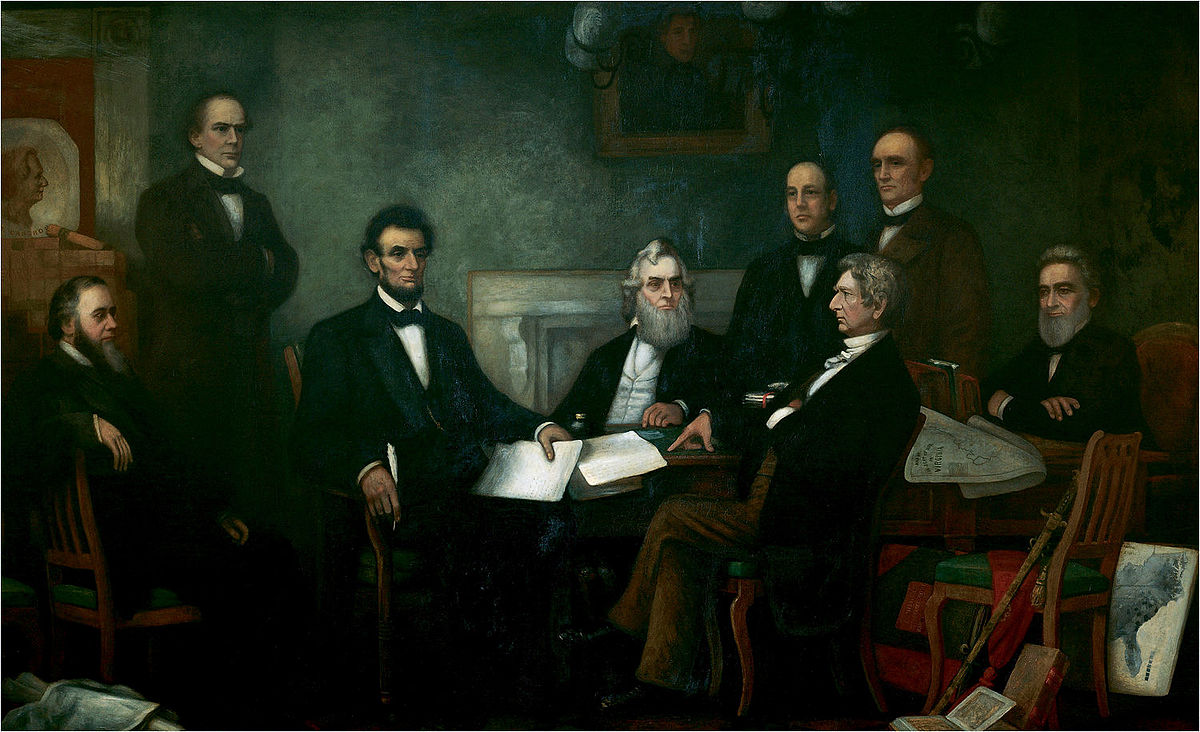Whether we are aspiring or veteran business leaders, we go to battle every day. We fight for our companies, our employees, our reputation, and our longevity. We arm ourselves with certifications, skill sets, and thought leadership in an effort to stay ahead and outpace the competition. Yet, for all our efforts to prepare ourselves we will all experience opposing forces along the way—ones bent on destroying what we’ve worked hard to build. Someone who appears to be bigger and better equipped, with more support and influence than we could dream.
When this happens, we can cower at the front line, painfully aware of how minimally outfitted we are against the competitor’s sheer strength, or we can use this “disadvantage” to find within ourselves the power and fearlessness to rise to the challenge and forge ahead.
This is the basis for the “Law of the Antagonist”—that no one is more capable of pushing us to greatness, of driving us to dig deep and find within ourselves unknown strength and fortitude, than our enemy. To this end, even the strongest opposition can be used as a force for good.
From Adversary to Advantage
To adopt such a mindset requires reversal of one of our most innate and primal senses—that of self-preservation. When danger presents itself, the “fight or flight” of our unrestrained, instinctive lizard brain kicks in. And when the enemy appears to be the overwhelming favorite—with bigger budgets, more marketing, and friends on the right subcommittee—flight can seem an almost rational choice.
This is the basis for the “Law of the Antagonist”—that no one is more capable of pushing us to greatness, of driving us to dig deep and find within ourselves unknown strength and fortitude, than our enemy. To this end, even the strongest opposition can be used as a force for good.
Instilling fear and trepidation in an opponent is an age-old and primitive—yet often effective—way the powerful have maintained their death-grip on power, often long past the time when change would and should naturally have come.
But this is how bullies are bred.
This is the basis for the “Law of the Antagonist”—that no one is more capable of pushing us to greatness, of driving us to dig deep and find within ourselves unknown strength and fortitude, than our enemy.
To this end, even the strongest opposition can be used as a force for good.
Whether such tactics of intimidation and insult come from “old guard” forces clinging to past power or from new players who have even temporarily seized the reigns of influence, reward, and success, the ethical leader must see these opposing forces as what they really are.
In these moments, the ethical and fearless leader will redefine “advantage”—and begin to view opposition as opportunity.
When we are able to think dispassionately past our immediate reactions to the behaviors and threats of antagonists and enemies, we may be able to see they are not to be feared. The leader of integrity—focused on greatness—will also see that in their threats and actions, the enemy and antagonist are providing us with access to a force we may never have found on our own.
We succeed when we use the forces against us to draw out and ignite our own courage, to heighten our awareness of our own potential and that of those around us, and to embolden us to see and acknowledge our own sheer strength and limitless capability to do what we know needs to be done—no matter the odds.
Witnessing the Transformation
It was such thinking that led Abraham Lincoln, serving as 16th president of the United States during what was arguably the most bitter, bloody, and polarized time in the nation’s history, to appoint his unusually qualified arch rival Edwin Stanton to serve as his Secretary of War, despite the protestations of members of his inner circle, still stinging and angry over the lies and attacks Stanton had continuously hurled at Lincoln.
Over the years, Stanton’s bitterness and a hostility was transformed into a relationship of deep respect—and Stanton, who once called Lincoln a “long-armed ape” would eventually describe him as “the most perfect ruler of men the world has ever seen.” Lincoln would go on to be remembered by generations to come as one of history’s most influential, courageous, and revered characters—among other achievements issuing the Emancipation Proclamation and declaring forever free those enslaved within the Confederacy in 1863.




